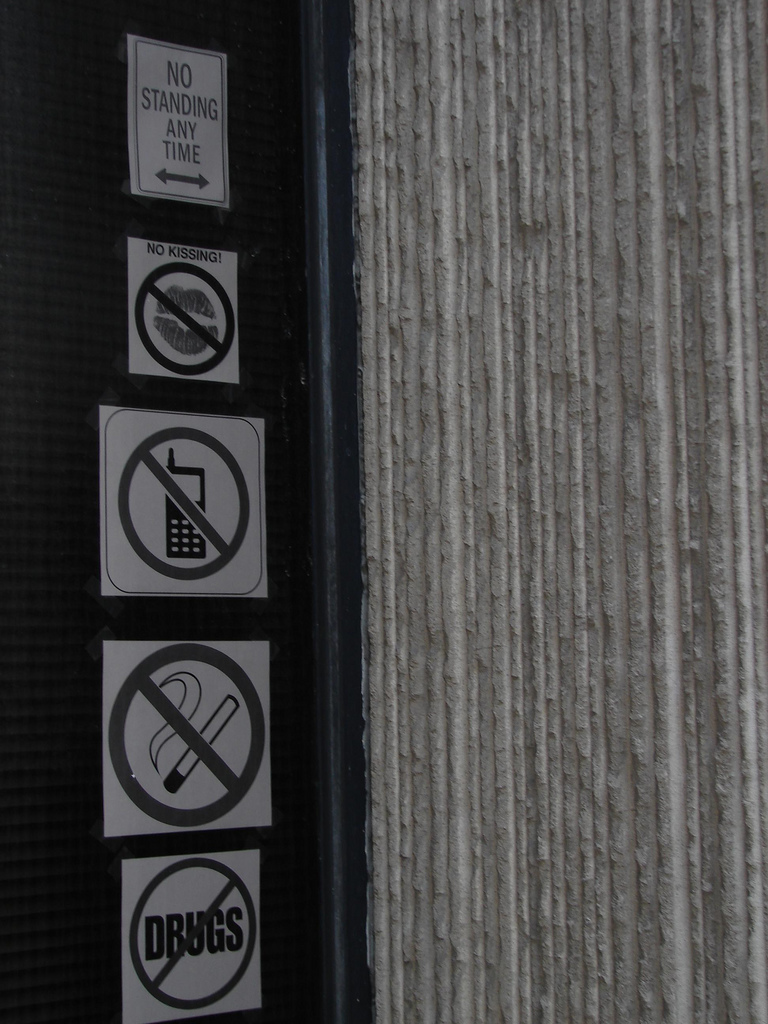By Melissa Ly (Contributor) – Email
Print Edition: June 4, 2014

It all dates back to my elementary school birthday sleepover experiences. After the pizza was eaten and the birthday cake smeared on my friend’s face, I was left to say my adieus and go home, while my friends continued on into the night to do … whatever elementary schoolgirls do at sleepovers.
In these times I missed out on a little part of childhood.
I am now an adult, and at the same time still my mother’s child. I am a legal adult, absolutely responsible, and mature for my age, yet my mom still does not “allow” me to sleep at my friends’ homes.
Living with rules that confine me from being independent is not living life — not my definition of living life anyway.
With regards to parent and adult-child relationships, I think parents should step back, be proud of the child they raised, and let their child (or children) be independent individuals. Helpful advice, household rules, and support that usually comes from a place of love and wisdom (when help is sought), is healthy in small doses.
However, at this stage in life I believe that this “no staying over at a friend’s house” rule is not healthy. It needs to change and it is an example of how some parents can cross the line on how much they control their children’s lives.
The strange thing is that I can sleep in France, Thailand, or Ottawa, yet I am not allowed to sleep over at my friend’s place.
Every relationship between a parent and their child is unique; but they share a commonality: when it is time for the child to go to university, whether they stay at home or move out impacts the dynamics of their relationship.
Of those who have just graduated from high school and are in their early years of post-secondary education at UFV, I predict a majority still live at home with their parents. After all, UFV is a commuter school — one of its positive attributes.
Not all students have the luxury of owning their own place while paying costly tuition fees. UFV makes it more financially viable for students to pursue their education, but this drawback personally prevents me from being a fully independent adult.
If I were to go to a school in another province or even transfer to UBC or UVic, I would have the freedom to make my own decisions. I understand my mom’s biggest concern is my safety, which causes her to worry. But I think I’m equipped with sound judgement and not everyone is a rapist or out to drug my beverage.
I do not agree with her restrictions, yet when I prompt her to explain her decision, the discussion turns out as a series of logical fallacies.
Faulty analogy: comparing me to the girl in a tragic news story.
Slippery slope: “If I let you stay over at a friend’s place terrible things will happen: you will overdose on drugs, you will get raped, and you will get killed.”
Appeal to practice: “I didn’t get to stay at my friend’s house when I was a teenager, so that means you should not be able to either.”
Red herring: an attempt to get me on the defensive about another issue. “Oh, why do you have to make this so hard on me?”
Poor reasoning in general: “Because I said so.”
Even when I voice a rebuttal, no amount of logic or knowledge gained in Philosophy 100 will make my mom budge on her position. In the end, it really comes down to emotions and parental power: these block all the reasoning in the world. What’s an adult child to do?

